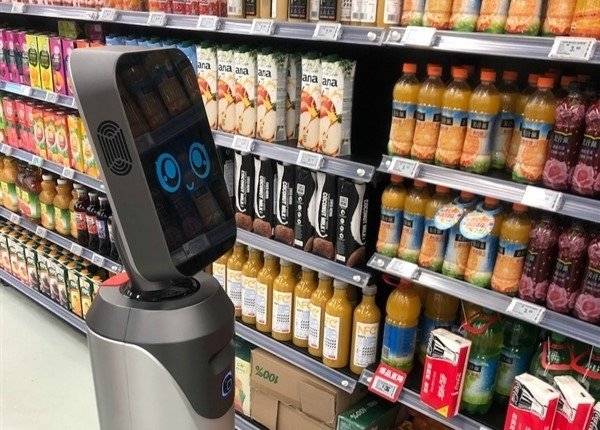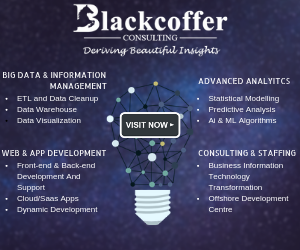With increasing computing power and more data, the potential value of algorithms became higher. People and companies saw possibilities to embed these smart systems into their companies to drive strategy and innovation. As the power of algorithms, computing, and amounts of data increased companies started to see an increasing amount of use cases. AI started to become an essential value. Companies saw that these systems could move them closer to their customers, drive efficiency, enhance employee experience and capability, automatize tasks, decrease costs and improve revenue. But AI went through some lulls and spikes before it became capable of enabling so many benefits. At a certain point, the general public gave up on AI and machine learning as a whole, which stalled developments and investments.
AI uses computer vision and deep learning to achieve these results. Computer vision incorporates neural networks that help computers detect objects within shelf images and classify them accurately.
Deep learning is a new area that is moving machine learning closer to one of its original goals: AI. In deep learning, a computer system is fed a lot of data, which it then observes and analyzes to recognize emergent patterns and trends, ultimately generating appropriate recommendations and predictions.
Deep learning applications, especially in the field of computer vision, are more than ready for prime time. Recently, a neural network architecture won the ImageNet challenge by classifying a wide variety of objects – like birds, ships, and cats – into the correct categories more accurately than humans did.
Back at the store shelf, even subtle differences between objects, poor lighting, reflections, and background clutter can be overcome with these powerful AI applications.
Our tool recognizes products among thousands of possible retail items and verifies their placement according to the given planogram. This translates into the automation o shelf management activities, centralized monitoring of shelf arrangement over hundreds of branches, and validation of the product, license agreement for suppliers.
The use of ML-powered analytics solutions can help businesses forecast inventory demand with high accuracy. Systems that rely on machine learning are capable of analyzing a multitude of data points, finding subtle patterns (indicating changes in customer preferences, behavior, or satisfaction), which can be non-obvious to humans. What’s more, these systems don’t require explicit programming as machine learning models learn from data. The more data is fed to them, the better they handle it while deriving meaningful insights.
Our system will automate manual tasks like gap and price scanning and free up your staff to help shoppers. It increases availability and provides real-time, accurate alerts to restock shelves faster than ever and increase on-shelf availability.it will transform the supply chain. Drive supply chain decisions with real-time shelf data to understand actual demand and avoid inaccurate inventory management and comply with price and promotions. Automatically detect mismatches at the shelf and avoid customer frustration. Our system will harmonize online and offline channels. Optimize online order picking and reflect your real availability to the shopper as they make their online order
By this system, if it is implemented in a supermarket, where we can use this application to predict the market price and demand and accordingly we can forecast the demand and take actions in prior and this system can also keep track of the expiry of each perishable products and alerts for them to change it accordingly at the correct time. If some new product is released in the market and that is with great demand, our system will try to analyze where it is placed in the store, If it is not present in the store our system will report to the sales manager to add these new products in the store at a much reachable and visible place for the buyers.
Blackcoffer Insights 33: Suriya E, Vellore Institute of Technology




